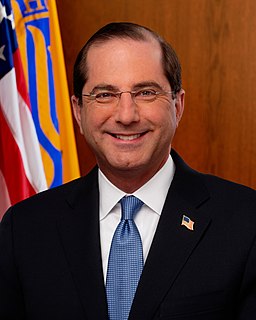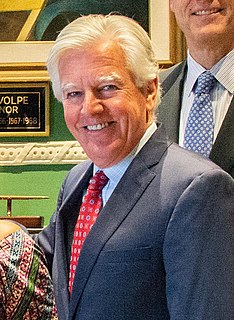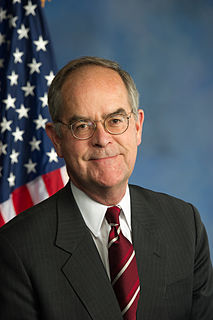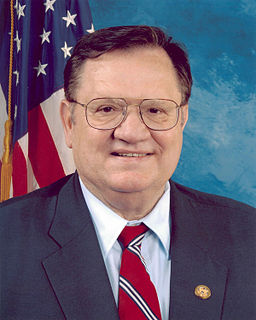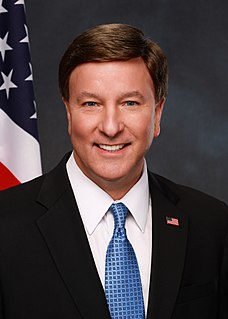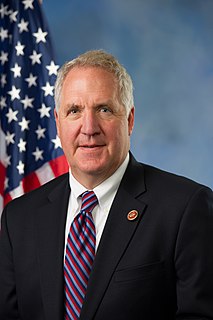A Quote by Tim Kaine
We need to work on drug costs, and there's things we can work on on drug costs, especially Medicare Part D, to bring drug costs down.
Related Quotes
The Republicans want to repeal the Affordable Care Act, I want to improve it. I want to build on it, get the costs down, get prescription drug costs down. Senator Sanders wants us to start all over again. This was a major achievement of President [Barack] Obama, of our country. It is helping people right now.
[Several candidates talked of problems with the federal Medicare system, particularly concerns about whether it would cover prescription drug costs in the future.] We're asking senior citizens to make a choice between their health and their income, ... Medicare is probably the most difficult challenge we face in the next century, because it has a lot to do with other things besides money.
I'll get rid of the drug problem. The first drug dealer will be publicly executed in front of everybody and all of the sudden the rest of the drug dealers are going to go "Uh oh!" Watch how fast the drug problem disappears. If you use drugs, you're addicted and you steal something, you'll get sent off to the outback and to work camps and all of the sudden no drug addicts. See how simple that is? So simple.








